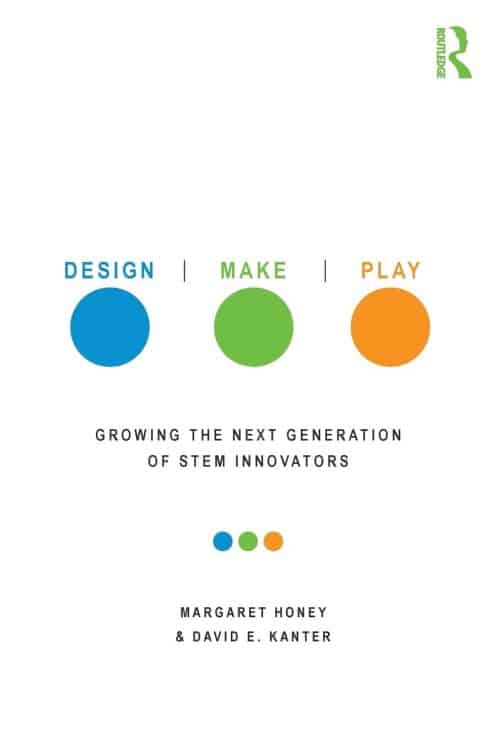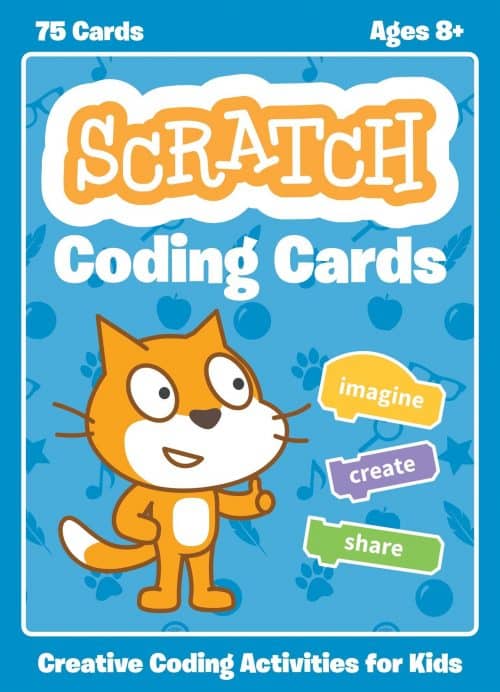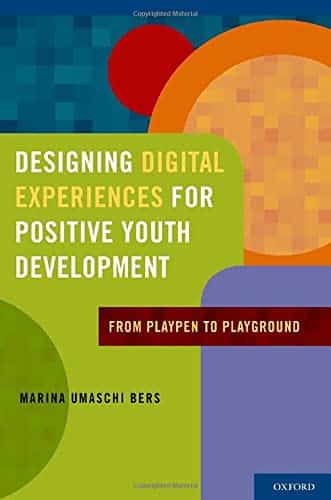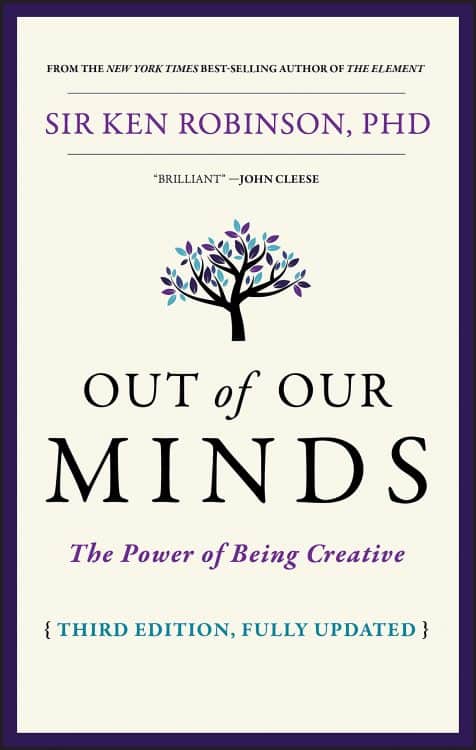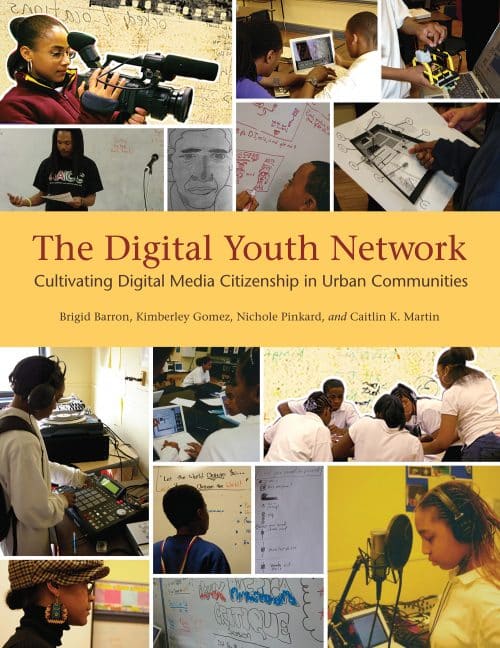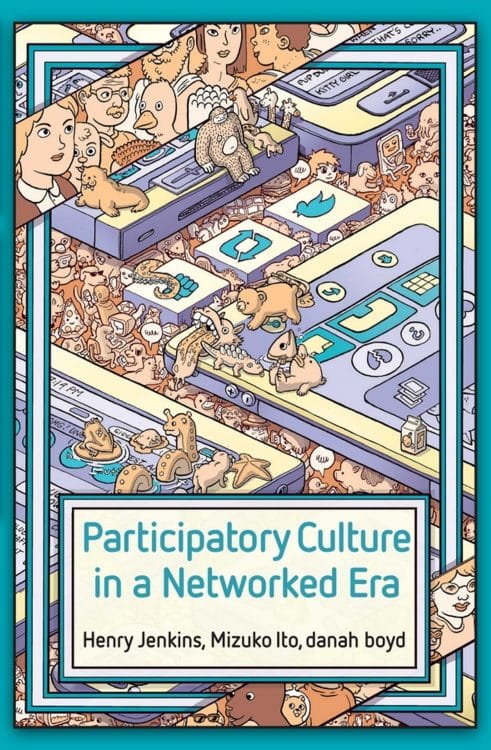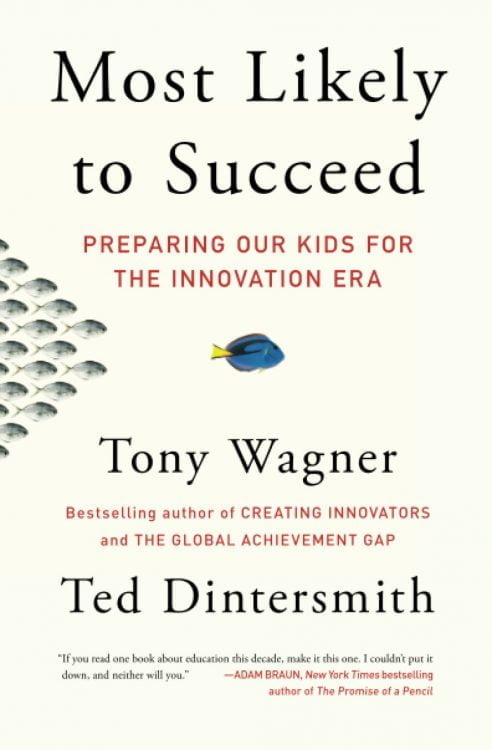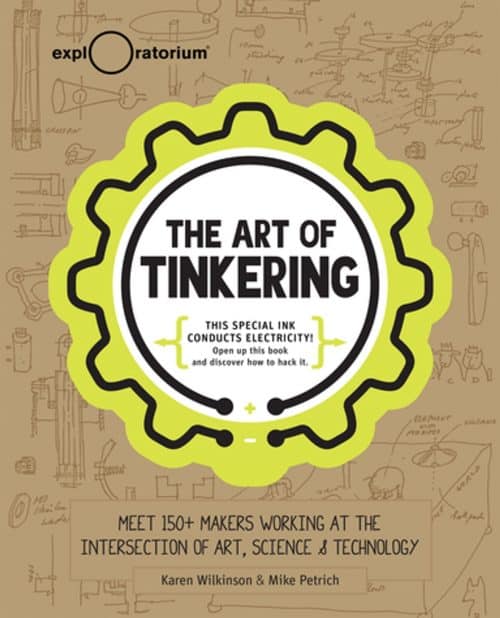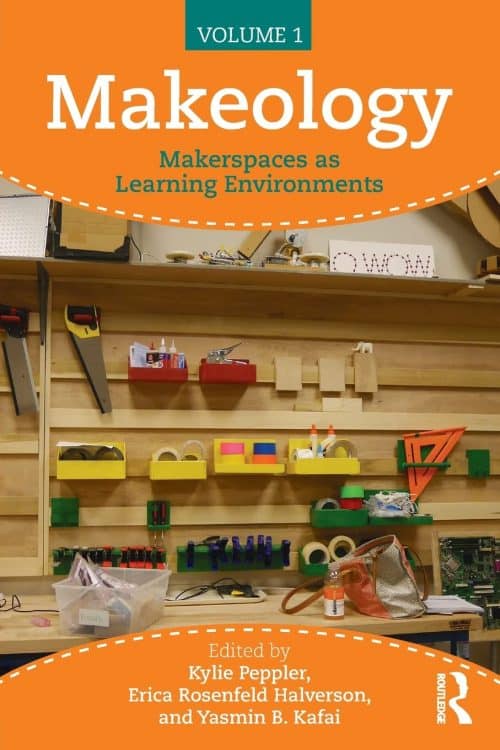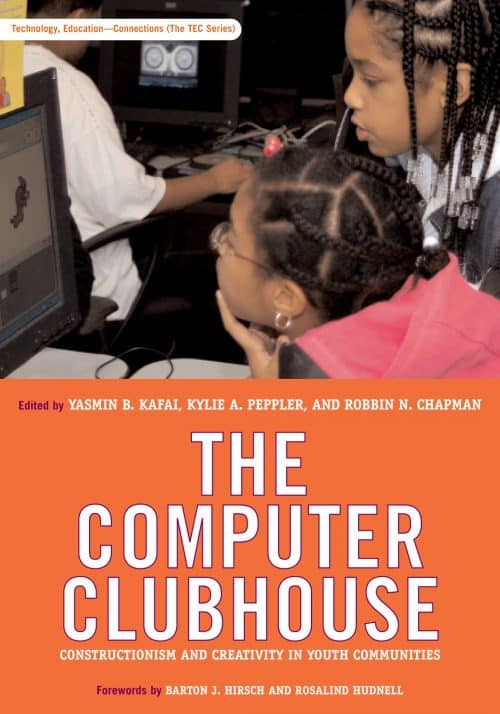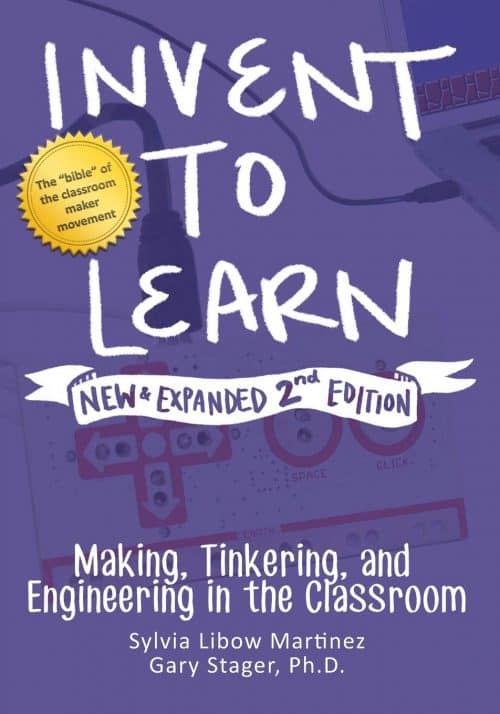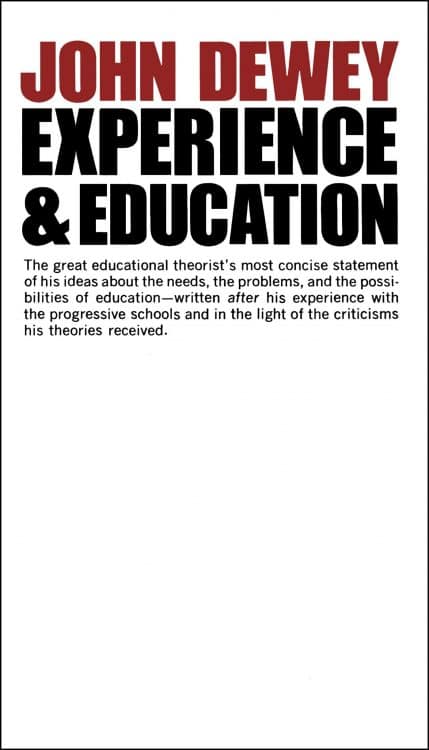One crucial question has guided Andrea diSessa’s work as a researcher, technologist, and educator: can the computer alter education, and specifically science education, such that kids may learn more, more quickly, at a younger age, and with pleasure and commitment? DiSessa’s well-informed and passionate affirmative response to that query is contained in this book. The book captures the depth and breadth of the issues relating to technology in education while still being presented at a level that anyone with a solid background in high school science can understand. Rejecting the oversimplified idea that computers are just tools for more effective teaching, diSessa demonstrates how they may be the foundation for a new literacy that will alter the way people think and learn. He talks about the learning theory that explains why computers may be such effective change agents in education, focusing on how students’ intuitive knowledge serves as the foundation for their development of scientific understanding. Additionally, he explores the social and material motivations behind the computer’s potential and promotes “two-way literacies,” in which everyone is both a producer and a consumer of dynamic and interactive expressive forms. DiSessa uses the Boxer computer environment, an integrated software system created to study computational literacies, in his work and provides numerous examples.
